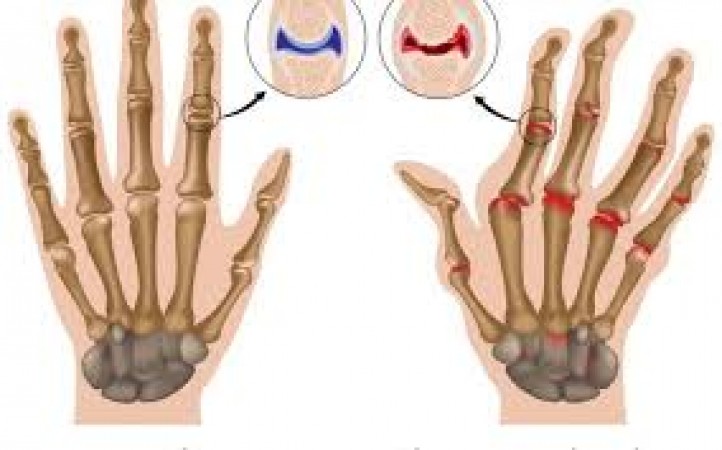
Living with rheumatoid arthritis (RA) can be challenging as it brings chronic joint inflammation that affects the quality of life for those diagnosed. In this article, we will explore the symptoms, causes, diagnosis, and various treatment options available to manage RA effectively. Additionally, we will discuss lifestyle changes and self-care strategies that can help improve the overall quality of life for individuals living with this condition. Rheumatoid Arthritis (RA) is an autoimmune disease that primarily affects the joints. In this condition, the body's immune system mistakenly attacks the synovium, which is the lining of the membranes that surround the joints. This leads to chronic inflammation, pain, and potential damage to the joint.
Prevalence of RA
RA affects millions of people worldwide, with a higher incidence in women than men. It commonly manifests between the ages of 30 to 60, but it can occur at any age.
Causes and Risk Factors
Genetic Factors
While the exact cause of RA remains unknown, genetics play a significant role in its development. If you have a family history of RA or other autoimmune conditions, your risk of developing RA increases.
Environmental Triggers
Certain environmental factors, such as smoking and exposure to certain infections, may trigger the onset of RA in individuals with genetic predispositions.
Symptoms and Diagnosis
Early Symptoms of RA
The early signs of RA may include joint pain, stiffness, swelling, and fatigue. Morning stiffness that lasts for several hours is a characteristic feature of RA.
Diagnostic Tests
To diagnose RA, a combination of physical examinations, blood tests, and imaging studies like X-rays or MRI may be required to assess joint damage and inflammation.
Conventional Treatments for RA
Disease-Modifying Antirheumatic Drugs (DMARDs)
DMARDs are a group of medications that slow down the progression of RA and protect the joints from further damage.
Non-Steroidal Anti-Inflammatory Drugs (NSAIDs)
NSAIDs help reduce pain and inflammation in individuals with RA but do not halt the disease progression.
Biologic Response Modifiers
How Biologics Work
Biologic drugs target specific components of the immune system responsible for RA inflammation, offering a more targeted approach to treatment.
Potential Side Effects
Biologics, while effective, can sometimes lead to increased susceptibility to infections and other side effects.
Lifestyle Modifications
Exercise and Physical Therapy
Regular exercise and physical therapy can improve joint flexibility and strength, reducing the impact of RA on daily activities.
Diet and Nutrition
A well-balanced diet with anti-inflammatory properties can aid in managing RA symptoms and overall well-being.
Complementary and Alternative Therapies
Acupuncture
Acupuncture may help relieve RA-related pain and promote relaxation.
Meditation and Mindfulness
Practicing meditation and mindfulness techniques can aid in managing stress, which can exacerbate RA symptoms.
Mental and Emotional Well-being
Managing Stress
Stress management techniques, such as relaxation exercises and counseling, can positively impact mental health.
Support Systems
Having a strong support system of family and friends can significantly improve emotional well-being for individuals with RA.
Enhancing Quality of Life
Adaptive Devices
Utilizing assistive devices can help individuals with RA perform daily tasks with greater ease.
Making Your Home RA-Friendly
Simple modifications to the home environment can minimize the impact of RA on daily living.
Prevention and Coping Strategies
RA Prevention
While RA cannot be entirely prevented, adopting a healthy lifestyle and avoiding known environmental triggers can help reduce the risk.
Coping with Flares
Having a well-prepared plan to manage RA flares can make coping with them more manageable. Living with rheumatoid arthritis presents unique challenges, but with the right knowledge, treatment, and lifestyle adjustments, individuals can improve their quality of life and effectively manage chronic joint inflammation. If you suspect you may have RA or are experiencing joint pain, consult a healthcare professional for an accurate diagnosis and appropriate management plan.
ISRO's Chandrayaan-3 Mission Nears Success as Final Orbit-Raising Operation Concludes
PM Modi's Scheduled Visit to Rajasthan and Gujarat This Week
The Malabar UFO Incident: An Enigmatic Sighting of Unidentified Flying Objects